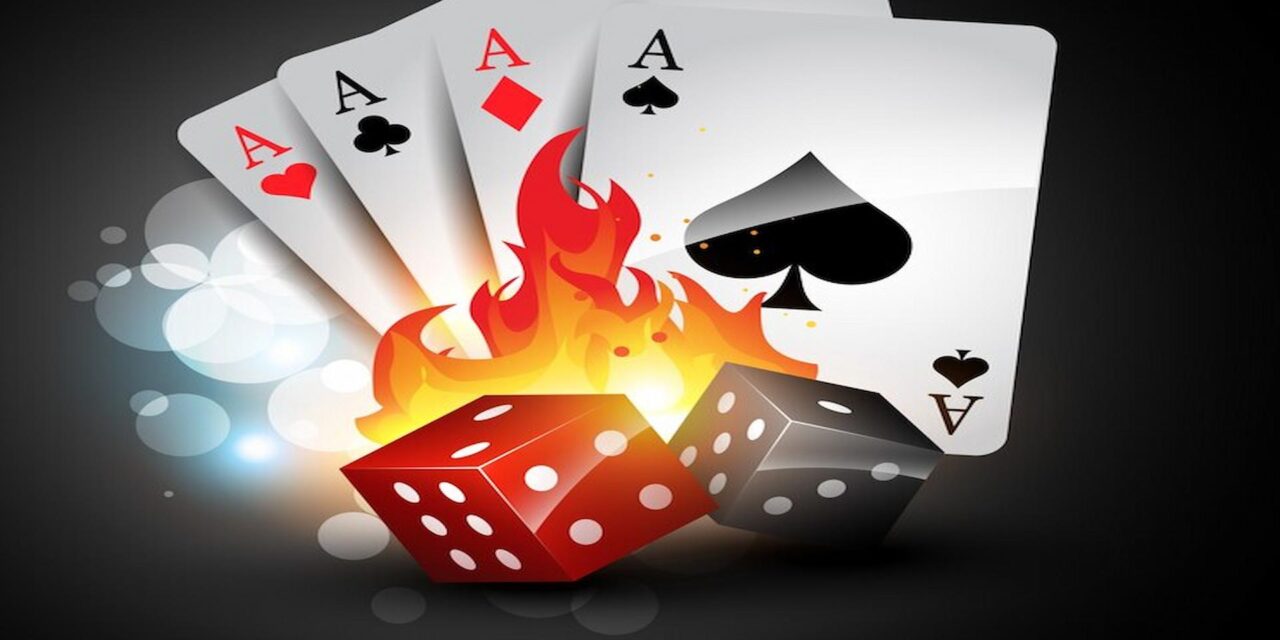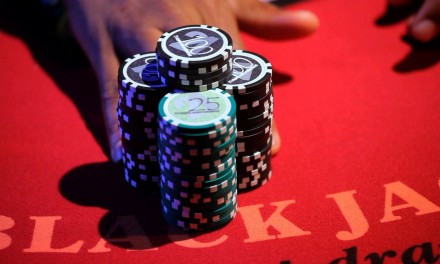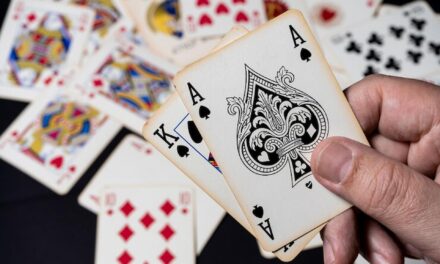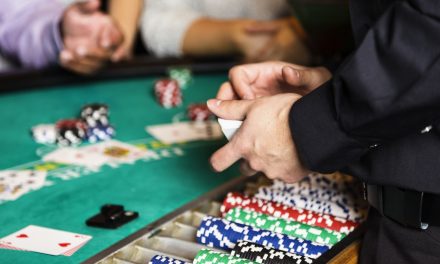Mastering blackjack involves more than just luck. With the right strategies, you can increase your odds and win consistently. Discover essential tips every player should know.
Blackjack is one of the world’s most popular and thrilling casino games. Unlike many other casino games, blackjack is only partially reliant on luck. Instead, applying the right strategies can significantly enhance a player’s odds of winning. Whether you’re a beginner or an experienced player, understanding and implementing these winning blackjack strategies can help you make smarter decisions, maximize your chances of success, and avoid common pitfalls.
In this article, we will explore the essential strategies every player should know to improve their performance at the blackjack table. From basic strategy to advanced techniques, we will explain how to approach the game to boost your chances of winning. Read on to learn the key strategies to make the difference between walking away with a profit or a loss.
1. Learn the Basic Blackjack Strategy
Mastering the basic strategy is the first and most crucial step to becoming a successful blackjack game player. This strategy involves making the best decisions based on the total of your cards and the dealer’s upcard. It is the foundation of any winning approach.
Key Points of Basic Strategy:
- Hit or Stand?: If your hand is between 12-16 and the dealer has a 2-6, it’s typically best to stand. However, if the dealer has a 7-ace, you should hit.
- Doubling Down: If you have 11, double down to increase your bet.
- Splitting Pairs: Always split aces and 8s, but avoid splitting 10s or 5s.
Mastering these basic principles will give you an edge over players who don’t follow a strategic approach, but it’s just the beginning.
2. The Importance of Card Counting
Card counting is one of the most famous blackjack strategies. While it’s not illegal, many casinos will ask you to leave if they suspect you’re counting cards. However, when used correctly, card counting can provide a significant advantage. The strategy helps players keep track of the high and low cards remaining in the deck.
How Card Counting Works:
- High Cards vs. Low Cards: A higher number of cards in the deck increases the player’s chance of getting blackjack, while a deck rich in low cards benefits the dealer.
- The Hi-Lo System: In this system, cards 2-6 are assigned a +1 value, 7-9 are neutral, and 10, face cards, and aces are -1. By keeping a running count, you can adjust your bets accordingly.
Card counting requires practice and concentration, but it can dramatically improve your odds if done correctly.
3. Know When to Double Down
Doubling down is a decisive move that can maximize your winnings. This strategy involves doubling your original bet in exchange for committing to stand after one additional card is dealt. The decision to double down depends on your current hand and the dealer’s upcard.
When to Double Down:
- On a 10 or 11: If your total is 10 or 11, and the dealer has a low card (2-6), doubling down is often a smart move.
- Soft Hands: A soft hand (an ace and a 2-7) gives you more flexibility. For example, doubling down on a soft 13 or 14 when the dealer shows a 5 or 6 can be profitable.
Doubling down isn’t something you should do often, but when used at the right time, it can turn a good hand into a great one.
4. Split Pairs Wisely
Splitting pairs is an essential blackjack strategy that allows you to turn one hand into two, giving you an extra opportunity to win. However, not all pairs should be split.
When to Split:
- Always Split Aces and Eights: A pair of aces should always be split because each ace gives you a better chance of hitting 21. Similarly, a pair of 8s should be separated to avoid a total of 16, which is a weak hand.
- Never Split Tens: A pair of tens gives you a firm hand of 20. Splitting them is terrible because you risk breaking up a winning hand.
- Split Nines When the Dealer Has a 2-6 or 8-9: When the dealer shows a weak card (2-6) or another 9, splitting nines can improve your chances of winning.
Correctly splitting pairs can give you a decisive advantage, but knowing when to avoid it is crucial.
5. Pay Attention to the Dealer’s Upcard
One of the most critical aspects of blackjack strategy is watching the dealer’s upcard. The dealer’s card gives you vital information about their potential hand, which can help you decide whether to hit, stand, or double down.
Key Dealer Upcard Strategies:
- Dealer’s Weak Card (2-6): When the dealer shows a 2-6, they are likelier to bust. It is when you should stand on a 12-16 hand and avoid risky moves like hitting.
- Dealer’s Strong Card (7-Ace): When the dealer has a seven or higher, they have a higher chance of making a firm hand. In this case, you should play conservatively and avoid doubling down or splitting too aggressively.
Understanding the significance of the dealer’s upcard can help you make smarter decisions during the game.
6. Manage Your Bankroll Effectively
Effective bankroll management is critical for long-term success in blackjack. Even the best strategies can’t guarantee consistent wins, and the key to sustaining your play is managing your money wisely.
Tips for Bankroll Management:
- Set Limits: Before playing, decide how much money you will risk. Never bet more than you can afford to lose.
- Betting Strategy: Stick to consistent bet sizes. Avoid betting large sums to chase losses, as this can quickly deplete your bankroll.
- Know When to Walk Away: If you’re on a losing streak, it’s essential to know when to take a break. Similarly, if you’re up, consider pocketing some winnings and stopping before luck changes.
By managing your bankroll correctly, you can play longer and enjoy blackjack without risking significant losses.
Final Thoughts
Blackjack is a game of skill and strategy; with the proper knowledge, you can significantly increase your chances of winning. By mastering the basic plan, understanding the power of card counting, knowing when to double down or split, and keeping an eye on the dealer’s up card, you can make smarter decisions and improve your odds.
In addition, effective bankroll management will help you sustain your play and minimize losses. While there is no way to guarantee a win every time, applying these strategies consistently will give you a better chance at beating the odds and walking away with profits.
Remember, winning at blackjack is about making informed choices, using your knowledge of the game, and applying strategic thinking to every hand. Practice these strategies, and you’ll be on your way to becoming a skilled and successful blackjack player.





